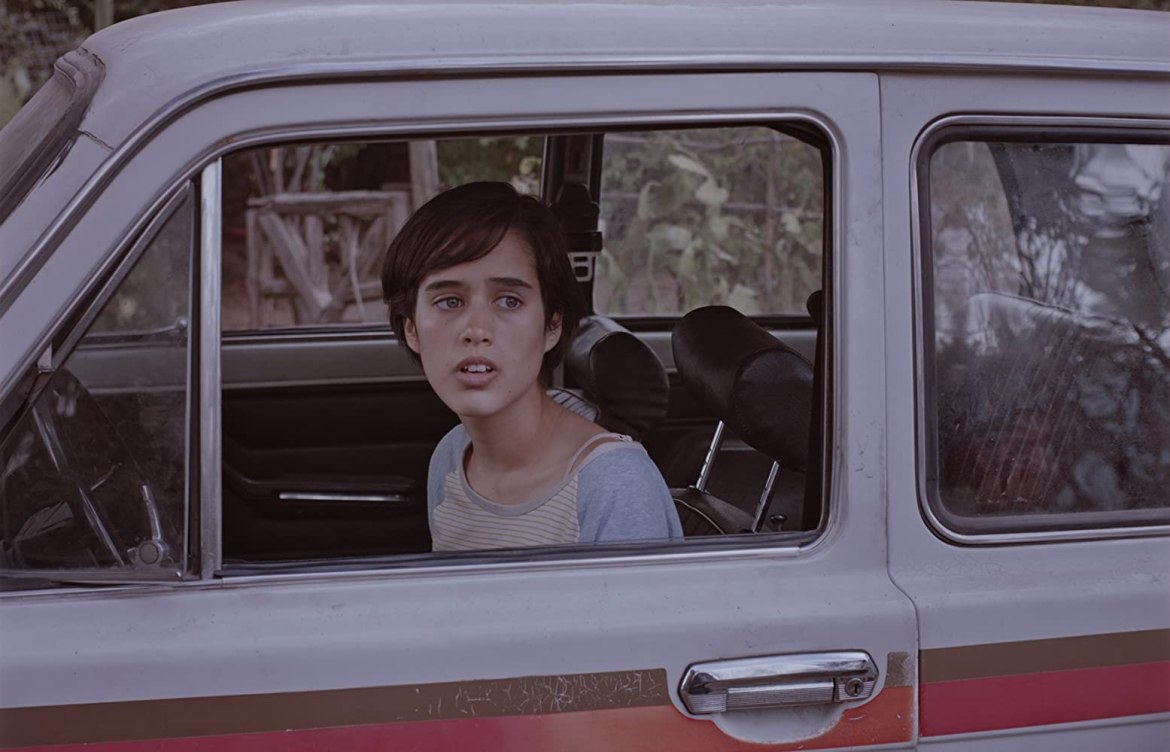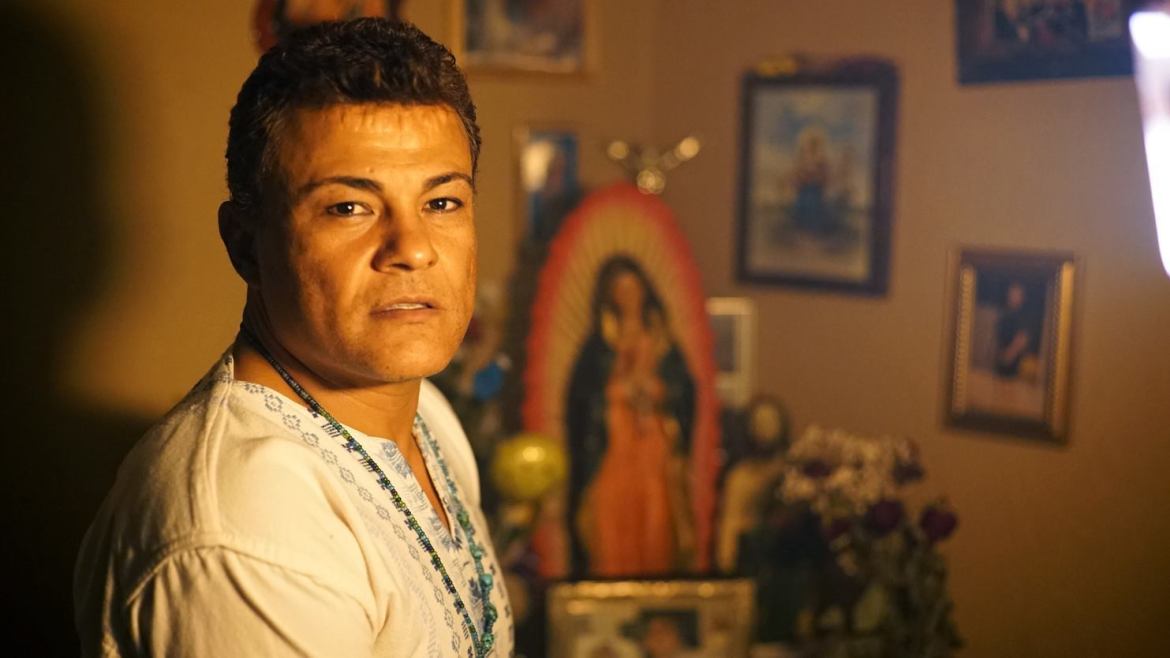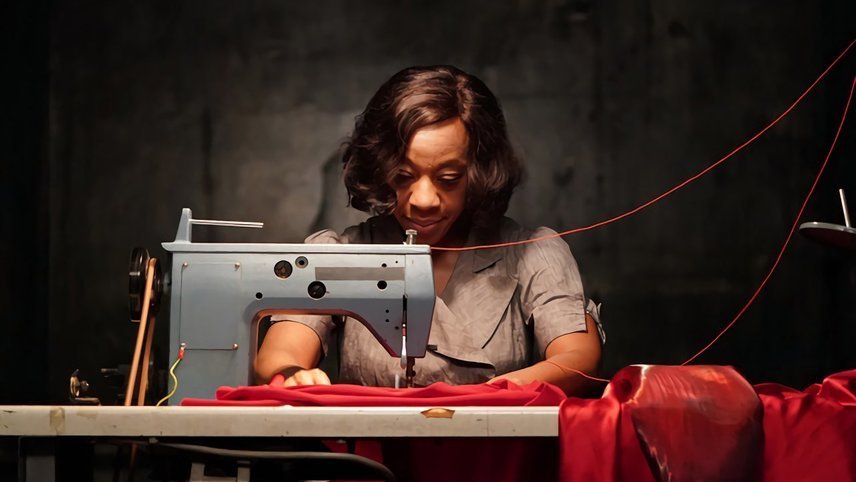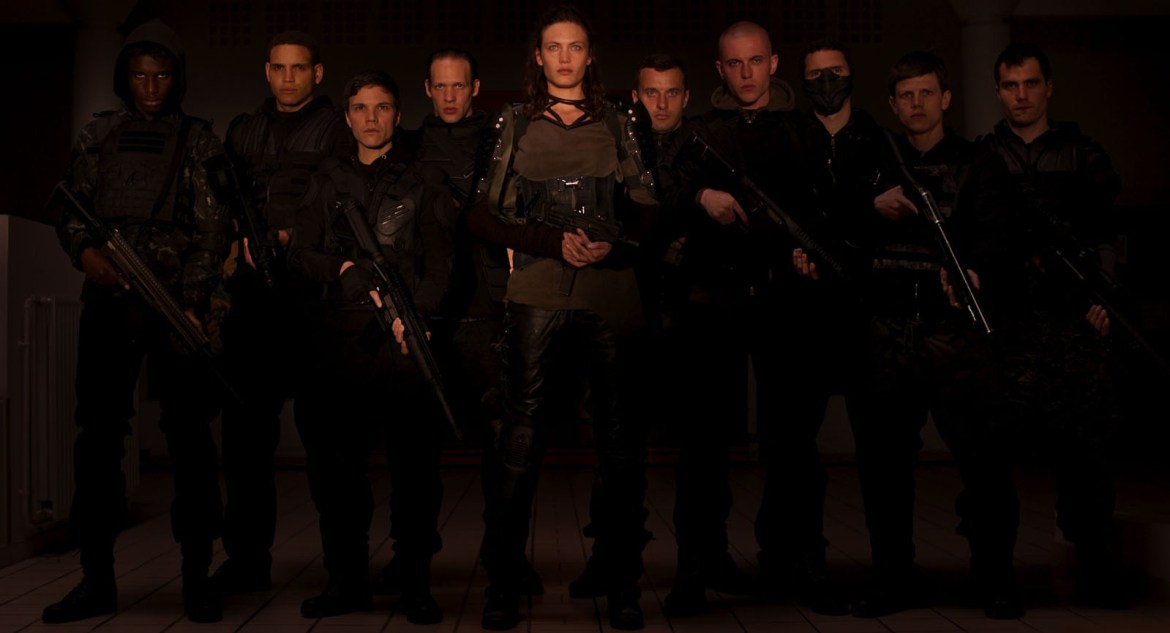IndieLisboa 2019: Highlights
IndieLisboa, one of Portugal´s hallmark film festivals in its 16th edition, is a yearly daring gesture in the search and unabashed celebration of what it means to be independent in film. Tying together its diverse selection, where both rising voices in Portuguese cinema and international sensations are given equal weight, is an idea of creative freedom and boldness in approach, underlining the processes behind the camera and the desire to break from the norms. The festival represents an opportunity for young filmmakers to break-out and get their unique perspectives out into the world, with its short film selections being one of the most highlighted sections of the festival, but also a space of rediscovery and rethinking of crucial voices in the history of independent film in its Independent Hero section, which over the years has consisted of near-integral career retrospectives of names such as Lucrecia Martel, Jacques Rozier and Anna Karina (one of this year´s honorees). It´s one of the most exciting events in Portuguese cinephilia, and often one of the only places where some of the more under the radar, yet boundary-pushing films in the year´s festival circuit make their presence felt in Portugal´s theatres. The following are just a few of the stand-outs from its eclectic 2019 selection, and a group of films to seek out before the year is over.
Tarde para Morir Joven (dir. Dominga Sotomayor)

Tarde para morir joven is a film of newfound liberty. It isn’t as much a sprawling narrative driven by freedom though, as it is about the turning of a page, the slow-burning down of a constrained past and learning how to live without it. Taking place in Chile in 1990, after a revolution that brought an end to a dictatorship, the film focuses on a group of families moving to the countryside for the summer, looking for a fresh start. Director Dominga Sotomayor (who was prized with Best Director in Locarno for this film) evokes a collective mind-state of quiet unraveling in brief, fleeting scenes from various characters’ perspectives. Sotomayor’s camera intimately inquires into the character’s mind-state with unceasing care and curiosity, being able to get at a greater truth regarding their condition. The stand-out figure is Sofia, a young woman played with arresting nuance by Demian Hernández, as she wanders in her new surroundings, searching for that sense of liberty in first love. She’s a great would-be protagonist, given how much we get from her perspective, but what truly sticks out from Sotomayor’s film is a beautiful portrait of the people of a nation discovering themselves in new circumstances, inside a carefully constructed microcosm based on the characters’ subjectivities.
Cassandro, the Exotico (dir. Marie Losier)

Cassandro, the Exótico is a case in which the man makes the film. Entirely driven by his eccentricities, documentarian Marie Losier can only play a role of an inquirer in the presence of Cassandro, a gay Mexican professional wrestler, who, despite being faced with what should be his twilight years, still shows himself alive and kicking and fully open to express who he is in the world. As much as we see him perform in the ring, what we truly get is how his character is an extension of the real man, with all his scars and demons on show, uninhibited. Following such a larger than life character both down the road and in his home proves to be an inspiring experience since he always appears to be in his comfort zone. This documentary has the same appeal of getting to know someone who you’re instantly drawn to more and more, of hanging on to every gesture and story they have to share. By the end, we can only feel thankful for having been allowed to enter Cassandro’s world and being able to know he exists. A simple act of filmmaking, but an enriching one at that.
In Fabric (dir. Peter Strickland)

In Fabric is an overly-stylized treat of a slasher film. Following everyday people that come across a cursed red dress that preys, and ultimately kills those who wear it, this film presents us with an exaggerated version of our contemporary society and an extravagant satire of consumerism and bureaucracy. Never succumbing to preachy self-seriousness about the issues it deals with, it´s remarkable how In Fabric doesn´t lose its sense of fun in the way it builds its own world - it´s pulpy and outrageous in the way it constantly injects new ideas on screen, with the help of booming, Giallo-inspired imagery that never fails to stun and mystify. But the film also takes quite a lot of time crafting memorable characters. Be it Sheila, a middle-aged, recently divorced woman played with immense likeability by Marianne Jean-Baptiste, or Fatma Mohamed´s bewitching and quietly terrifying retail worker Miss Luckmore, they surprisingly stick out in a film this relentless and garish with its visual elements. It may prove to be exhausting by the end, given how much is packed into the 118-minute runtime, but its playful stylistic idiosyncrasies and inventiveness in how it portrays the absurdity of modern life make it a defining work in surrealist horror this decade.
Jessica Forever (dir. Caroline Poggi & Jonathan Vinel)

Jessica Forever certainly wears its influences on its sleeve, with the Clockwork Orange theme playing at full volume at one point, and the control the filmmakers exhibit on the bodies and their behaviors being very reminiscent of early Yorgos Lanthimos. Yet, it stands as a wholly original piece, with ideas on themes such as toxic masculinity that feel fresh and exciting to behold, especially in the Internet age. In a dystopian, suburban landscape, lost young men are taken under the wing of Jessica (Aomi Muyock), an imposing soldier but a sympathetic leader, to deal with their anger, learn empathy and work as a team as they´re chased by drones and deemed enemies by special forces. Stripped back on the action department, contrary to what the premise might suggest, Jessica Forever finds its strength in pristine aesthetic curation. From the music choices, to the way the post-modern, minimalist suburban homes the characters find shelter in look, to the objects that are deemed important to the boys, it´s all consistently evocative of a form of contemporary masculinity that lets out its frustrations in video-games and military iconography. It works remarkably as a mood piece, reflecting the inner demons and struggles of the group of young men. Like them, the film appears on the brink of breaking down and succumbing to a rampage, but it strives to find stability in sensibility. One of the most unique and intriguing independent genre films in a while.
To help us continue to create content, please consider supporting us on Ko-Fi.

